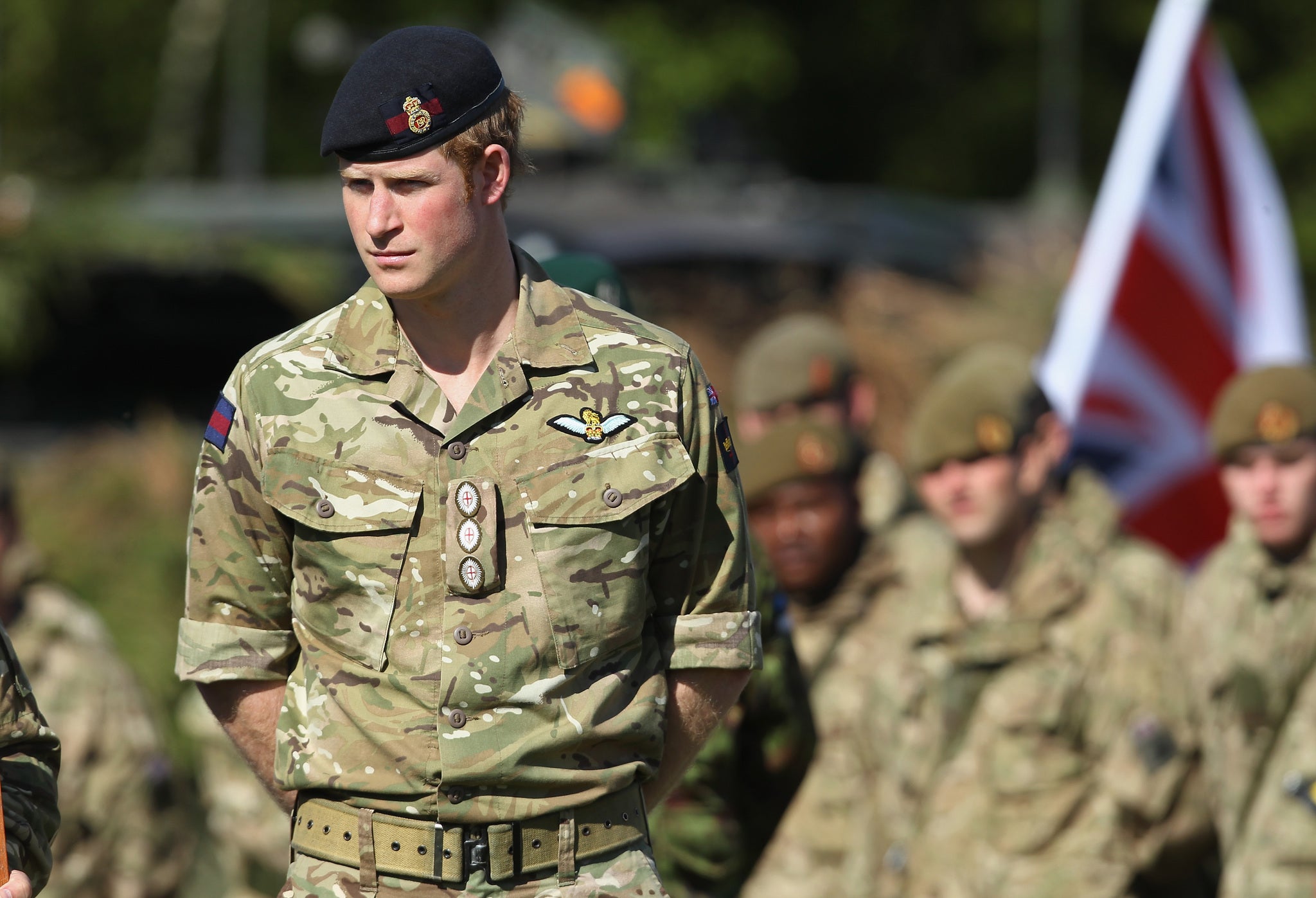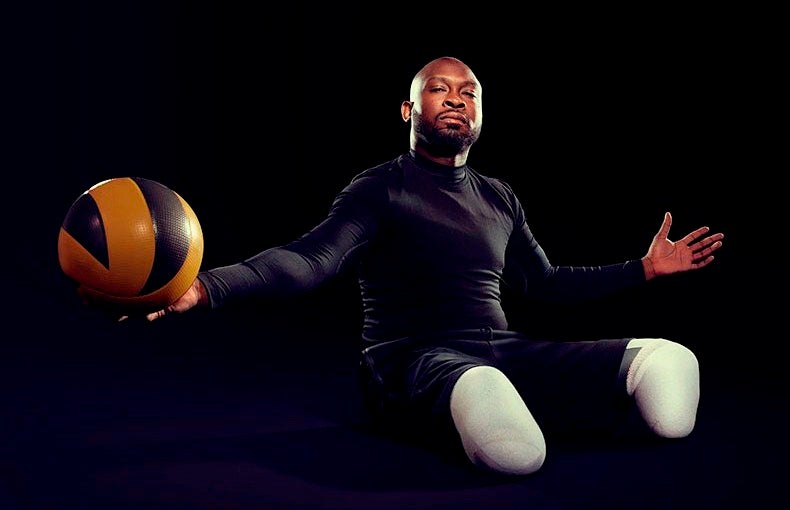Prince Harry says he wasn't prepared to see 'children dying from roadside bombs' as he recalls 'horrors' of war
The royal wrote about his time on duty in Afghanistan as he prepares to launch Britain's first ever Paralympic-style games for wounded personnel

Your support helps us to tell the story
From reproductive rights to climate change to Big Tech, The Independent is on the ground when the story is developing. Whether it's investigating the financials of Elon Musk's pro-Trump PAC or producing our latest documentary, 'The A Word', which shines a light on the American women fighting for reproductive rights, we know how important it is to parse out the facts from the messaging.
At such a critical moment in US history, we need reporters on the ground. Your donation allows us to keep sending journalists to speak to both sides of the story.
The Independent is trusted by Americans across the entire political spectrum. And unlike many other quality news outlets, we choose not to lock Americans out of our reporting and analysis with paywalls. We believe quality journalism should be available to everyone, paid for by those who can afford it.
Your support makes all the difference.Prince Harry has spoken of how unprepared he was for the reality of war after witnessing young men “wrapped in plastic and missing limbs” as well as children dying from roadside bombs.
His two tours of Afghanistan – one in 2007-8 and the second in 2012-3 – saw Harry become the first member of the Royal Family to serve in a war zone since 1982, when his uncle Prince Andrew flew helicopters during the Falklands War.
Writing in a column for the Sunday Times today, the senior Royal said he was on his way back to the UK in February 2008 when the horrors of what he’d seen hit home.
“Sure, I’d heard about it, expected it, called in many medical evacuations for it, but I had never seen it first-hand. By ‘it’ I mean the injuries that were being sustained largely due to improvised explosive devices (IEDs).
“Loss of life is as tragic and devastating as it gets, but to see young lads — much younger than me — wrapped in plastic and missing limbs, with hundreds of tubes coming out of them, was something I never prepared myself for. For me, this is where it all started.”
He said that survival rates were improving, thanks to the thousands of medical volunteers, but that these advances mean that soldiers must increasingly live with traumatic and life-changing injuries.
In his second tour of Afghanistan, Harry, who is a Captain, served as an Apache helicopter pilot often flying injured personnel and civilians to Camp Bastion’s hospital.
“I saw some horrendous things: the tragic injuries and deaths of local people from roadside bombs, some of whom were children [and] coalition forces lying on the battlefield.”
He said that the phrase ‘Op vampire’, used when a casualty has lost a lot of blood and needed more, “still sends shivers down my spine” but said he was lucky not to have seen his “mate getting blown up” in front of him, which has happened to others.
Harry – who is now in an office-based managerial Army role – said it was hard to fathom how anyone could get over the loss of body parts or witness the death of a friend, and after visiting a “Paralympics-style” event in Washington 2012 realised that sports was a great motivation for rehabilitation.

“The premise is simple: set yourself a target, take your mind off all the negative thoughts and concentrate on the challenge in front of you, all while relearning to use your body,” he said.
He has since taken inspiration from the Warrior Games, a US competition for wounded personnel hosted in Colorado Springs, to create a British version – Invictus Games.
The event will have more than 400 wounded servicemen and women from 14 countries competing in wheelchair rugby, athletics, archery and sitting volleyball among others, at London’s Olympic park between 10-14 September.
“They want to put on a show for you. All are in different stages of their rehabilitation, some are Paralympians, others just want to use sport to get their lives back in shape,” he said.
Join our commenting forum
Join thought-provoking conversations, follow other Independent readers and see their replies
Comments